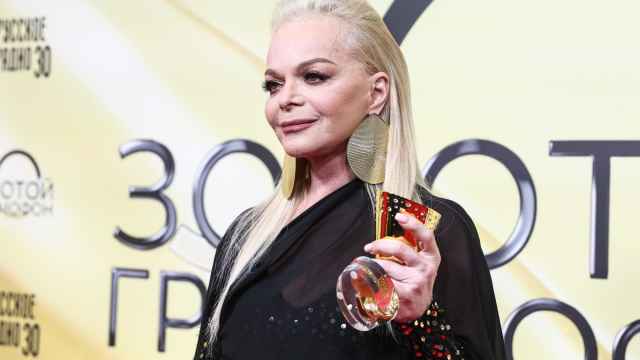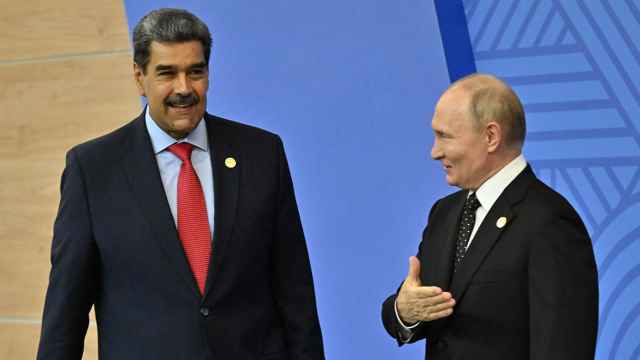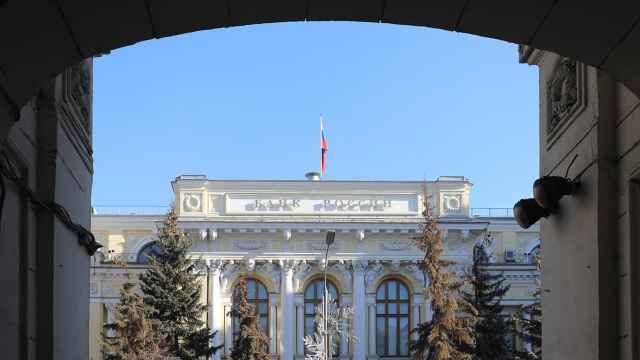DURBAN, South Africa — South Africa's state-owned Denel Aviation says it is unveiling the first authorized maintenance and service center for hundreds of Russian helicopters operating in sub-Saharan Africa.
Denel CEO Mike Kgobe said South Africa's and Russia's membership in the BRICS economic forum eased the way for two years of negotiations with Russian Helicopters. Tuesday's launch comes as President Vladimir Putin arrives in South Africa for a summit of emerging market economies that groups Brazil, Russia, India, China and South Africa.
Kgobe said the new facility in Johannesburg will start off servicing Mi-8 and Mi-17, both aircraft that can be used in civilian or military settings for transport or as gunships. He said Denel offers lengthy experience in the high-tech field and knowledge of the local environment.
Meanwhile, China and Brazil agreed Tuesday to trade the equivalent of up to $30 billion per year in their own currencies, moving to take almost half of their trade exchanges out of the U.S. dollar zone.
The three-year swap line agreement, signed before the start of the BRICS summit, marked a step by the two largest economies in the emerging powers group to change global trade flows long dominated by the United States and Europe.
Brazil, Russia, India, China and South Africa represent together a fifth of global GDP but have struggled to convert their economic weight into political clout in the international arena.
"Our interest is not to establish new relations with China, but to expand relations to be used in the case of turbulence in financial markets," Brazilian central bank chief Alexandre Tombini told reporters after the signing.
Brazilian Economy Minister Guido Mantega described the deal, called a bilateral currency swap accord, as "a sort of umbrella agreement," but he did not spell out what specific areas or categories of trade would be affected.
Brazil's vast mineral resources and agricultural products have helped fuel China's industrial growth and feed its people while the returns have helped bring a new era of prosperity to the Latin American giant.
Material from Reuters was included in this report.
Related articles:
A Message from The Moscow Times:
Dear readers,
We are facing unprecedented challenges. Russia's Prosecutor General's Office has designated The Moscow Times as an "undesirable" organization, criminalizing our work and putting our staff at risk of prosecution. This follows our earlier unjust labeling as a "foreign agent."
These actions are direct attempts to silence independent journalism in Russia. The authorities claim our work "discredits the decisions of the Russian leadership." We see things differently: we strive to provide accurate, unbiased reporting on Russia.
We, the journalists of The Moscow Times, refuse to be silenced. But to continue our work, we need your help.
Your support, no matter how small, makes a world of difference. If you can, please support us monthly starting from just $2. It's quick to set up, and every contribution makes a significant impact.
By supporting The Moscow Times, you're defending open, independent journalism in the face of repression. Thank you for standing with us.
Remind me later.






